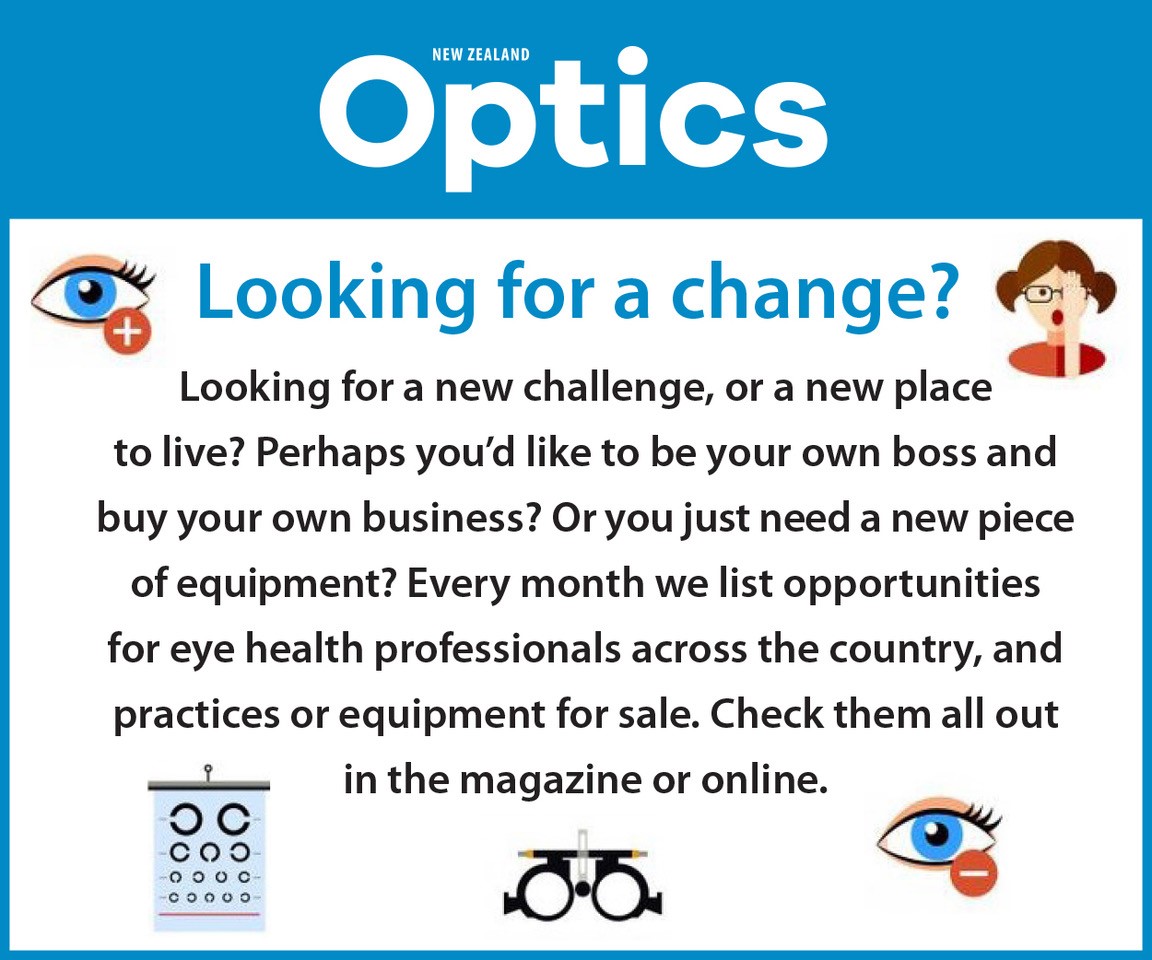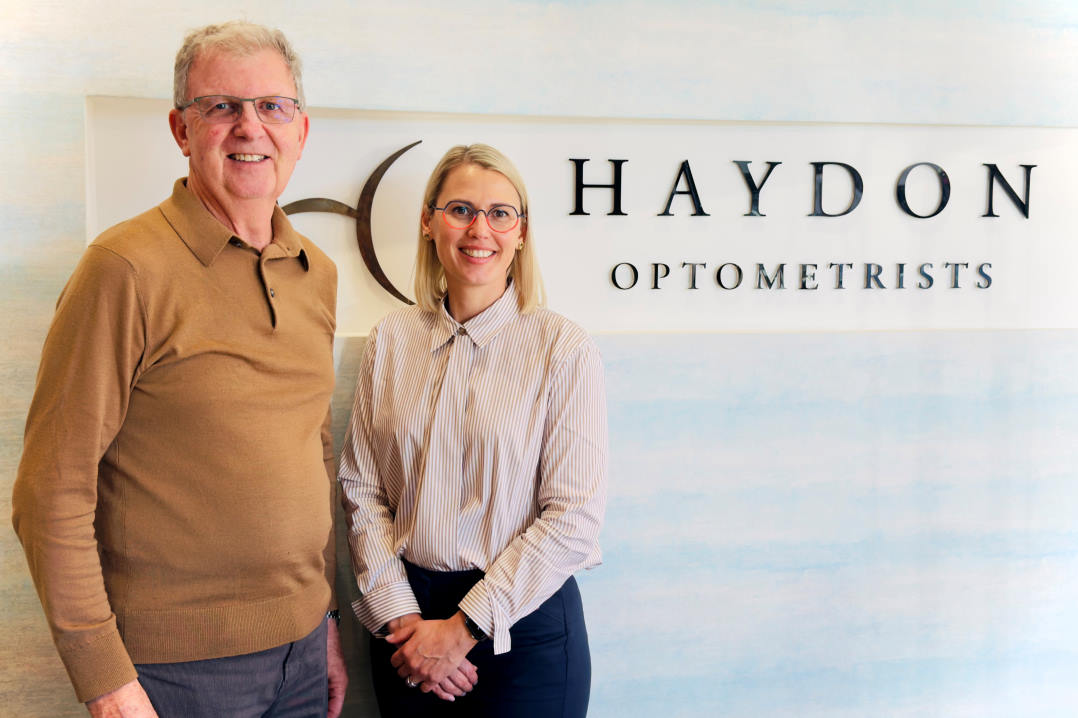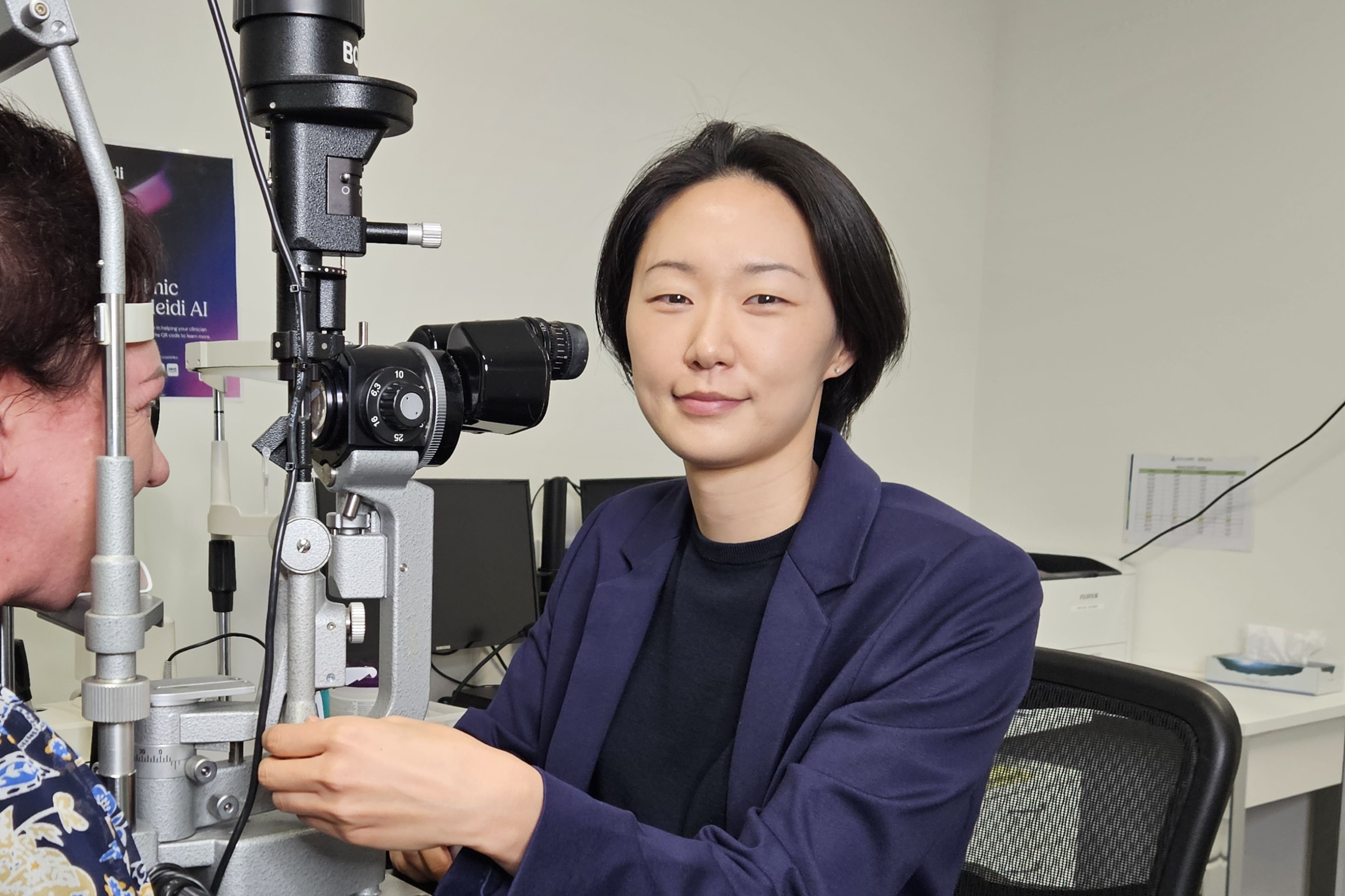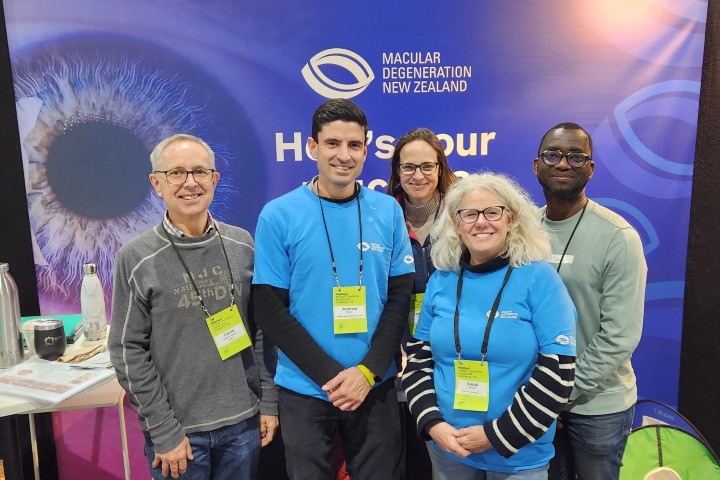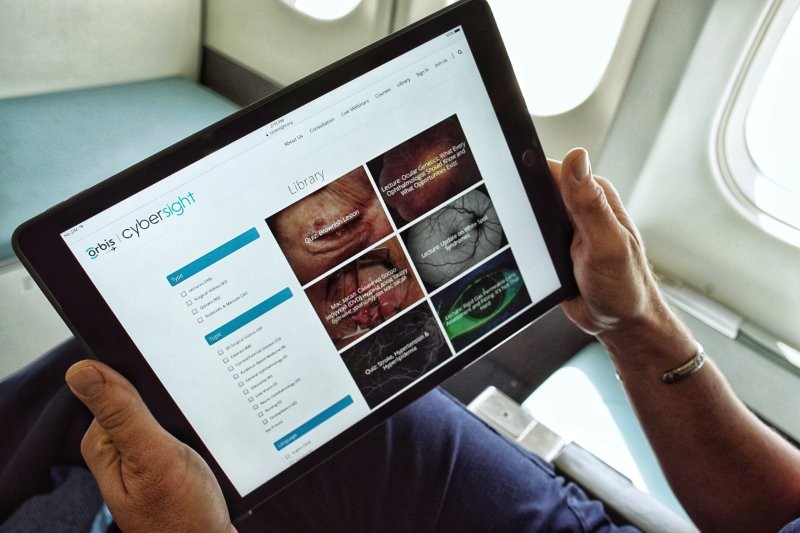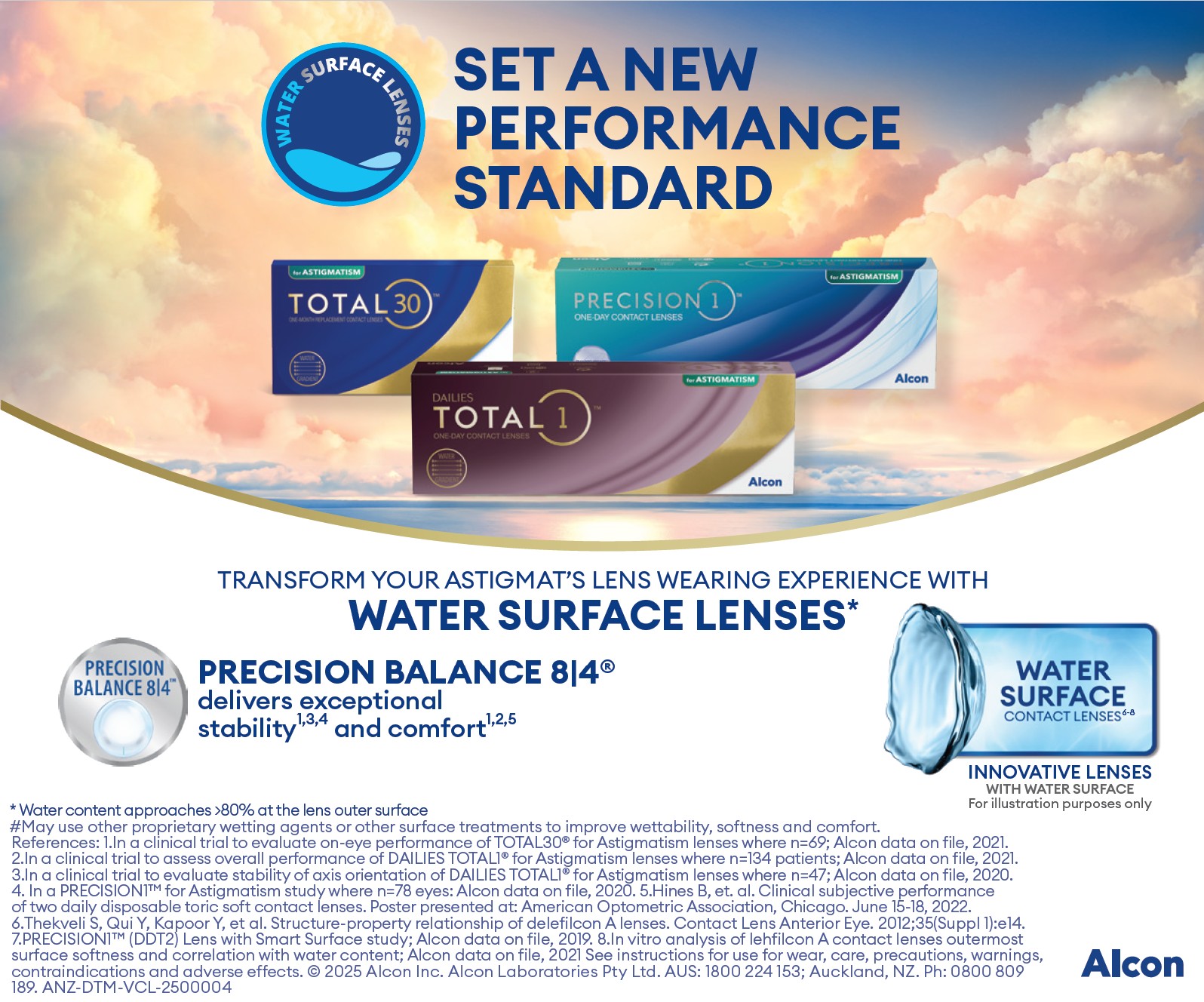Tentative support for registrars private training
Ophthalmology New Zealand (ONZ) and the Royal Australian and New Zealand College of Ophthalmologists (RANZCO) continue to push for an expansion of registrar training in private practice to alleviate the pressure on the ophthalmology workforce by producing more locally trained ophthalmologists.
A proposition currently under review by Health New Zealand’s (HNZ’s) board may serve as a new national framework for private registrar training and would require partial funding for one new position immediately. The costs for the training positions would be shared by the private practice and HNZ.
“Unfortunately, the demand for eyecare is increasing faster than the rate at which ophthalmologists are being trained,” said ONZ chair Dr Sonya Bennett.

Dr Sonya Bennett
“One new position is a start, but the number of training positions is going to need to steadily increase if we’re going to meet demand. Discussing this with ONZ members up and down the country, we think there is an opportunity to create another 10 training positions within the private sector. Ophthalmologists working in the private sector are keen to help with the training – it doesn’t increase their profit, in fact it probably means less profit, however we are looking at the bigger picture and willing to contribute to improve it.
“We have stipulated to HNZ that both public and private ophthalmology training must be, and can be, increased; however the funding will need to be released for this to occur. We need to see training in public increase wherever practicable and there is a position ready at the Manukau Super Clinic in South Auckland that only needs the funding to make it happen."
RANZCO chair Dr Liz Insull said that, based on current trends, ophthalmologist numbers will fall well below the Te Kitenga 2030 target of 40 per one million people. “Expanding registrar posts from 32 to at least 44, and ideally closer to double, is essential to ensure we can train and retain enough specialists to meet future demand, particularly outside of the main centres.”

Dr Liz Insull
After successive meetings with HNZ’s chief clinical officer Dr Richard Sullivan, ONZ and RANZCO said they are hopeful the proposal will be given the green light from the HNZ board. “In principle, Dr Sullivan is supportive and approves of the fact that the ophthalmology community is taking the initiative to come up with solutions to a meet a tremendous challenge ahead,” said Dr Bennett. “Our expectation is that the government will support the training proposal. We can see there is a way forward, we just need to bring everyone on the journey.”
Private training of ophthalmology registrars has been up and running for many years and it’s been very successful, Dr Bennett said. “The rotation in private practice provides registrars with exposure and access to procedures that are not available (or less commonly available) in public settings. It also strengthens succession planning and collaborative ties between public hospitals and private providers,” she said.
Private rotation also offers an opportunity for smaller provincial centres to host registrars part-time, Dr Bennett said. “As well as increasing the number of ophthalmologists being produced, it also gives trainees exposure to living and working in provincial areas of New Zealand. They gain an understanding of what it is like to work in private practice because it's really hard to imagine working in private practice when you've only ever been trained in the public hospital system. Ultimately, offering more registrar training positions would really help encourage ophthalmologists to stay in New Zealand rather than taking up consultant positions overseas.”








